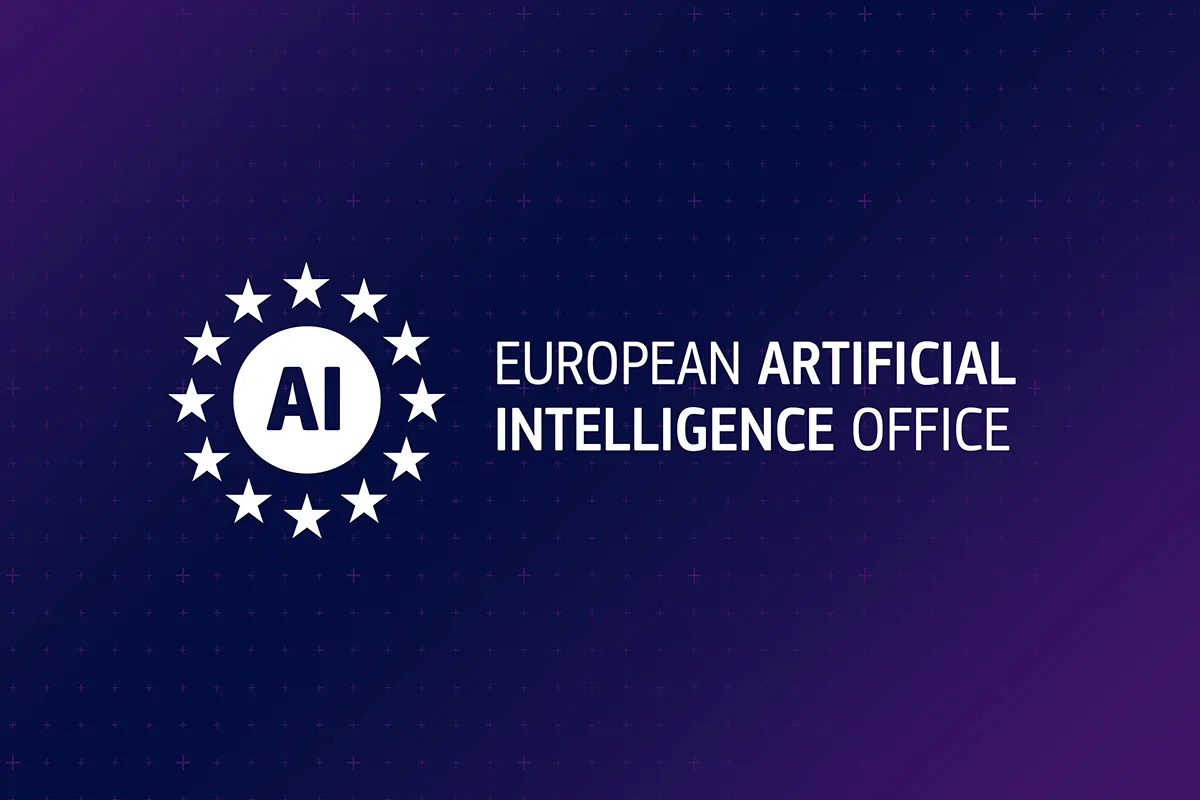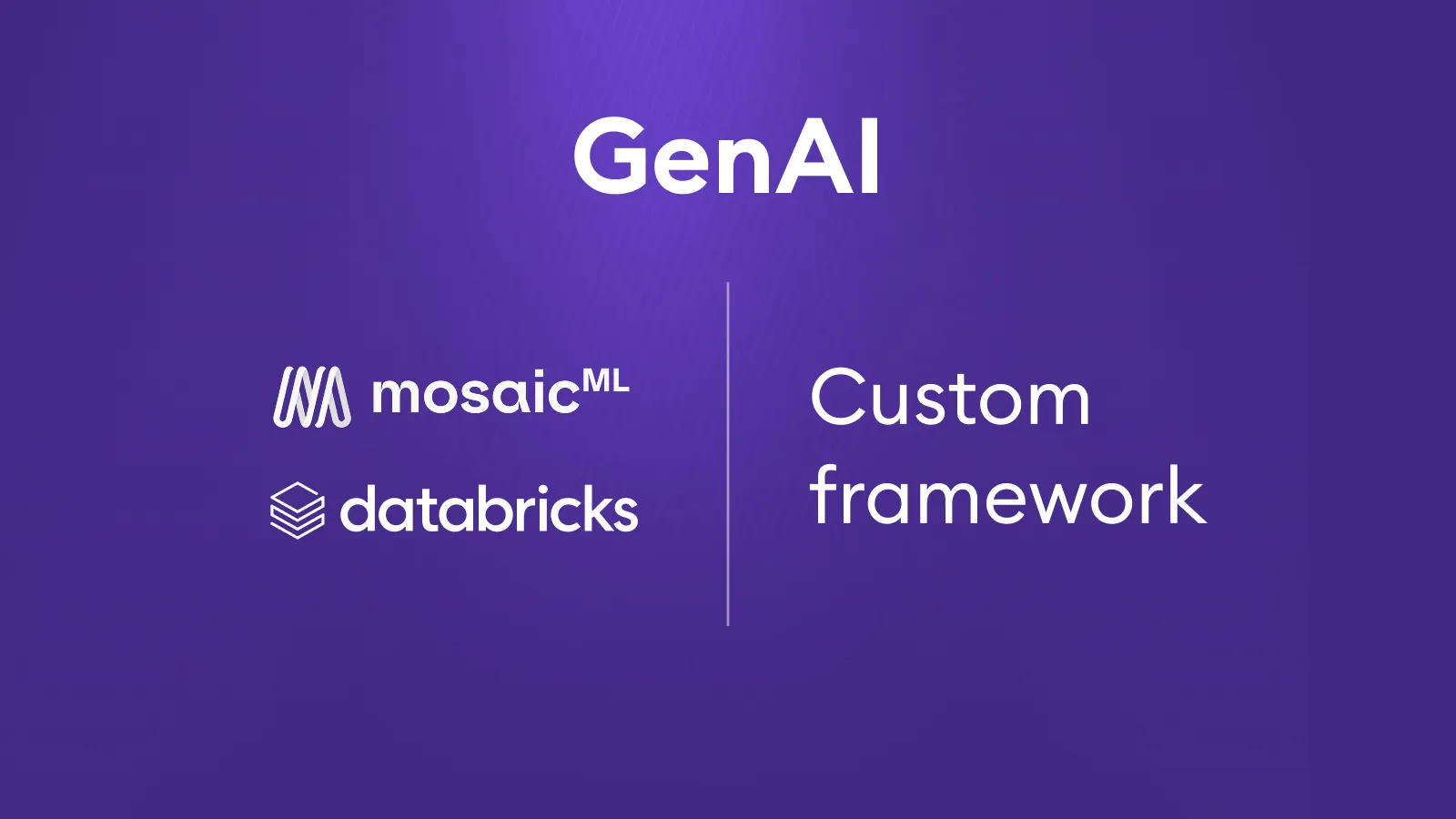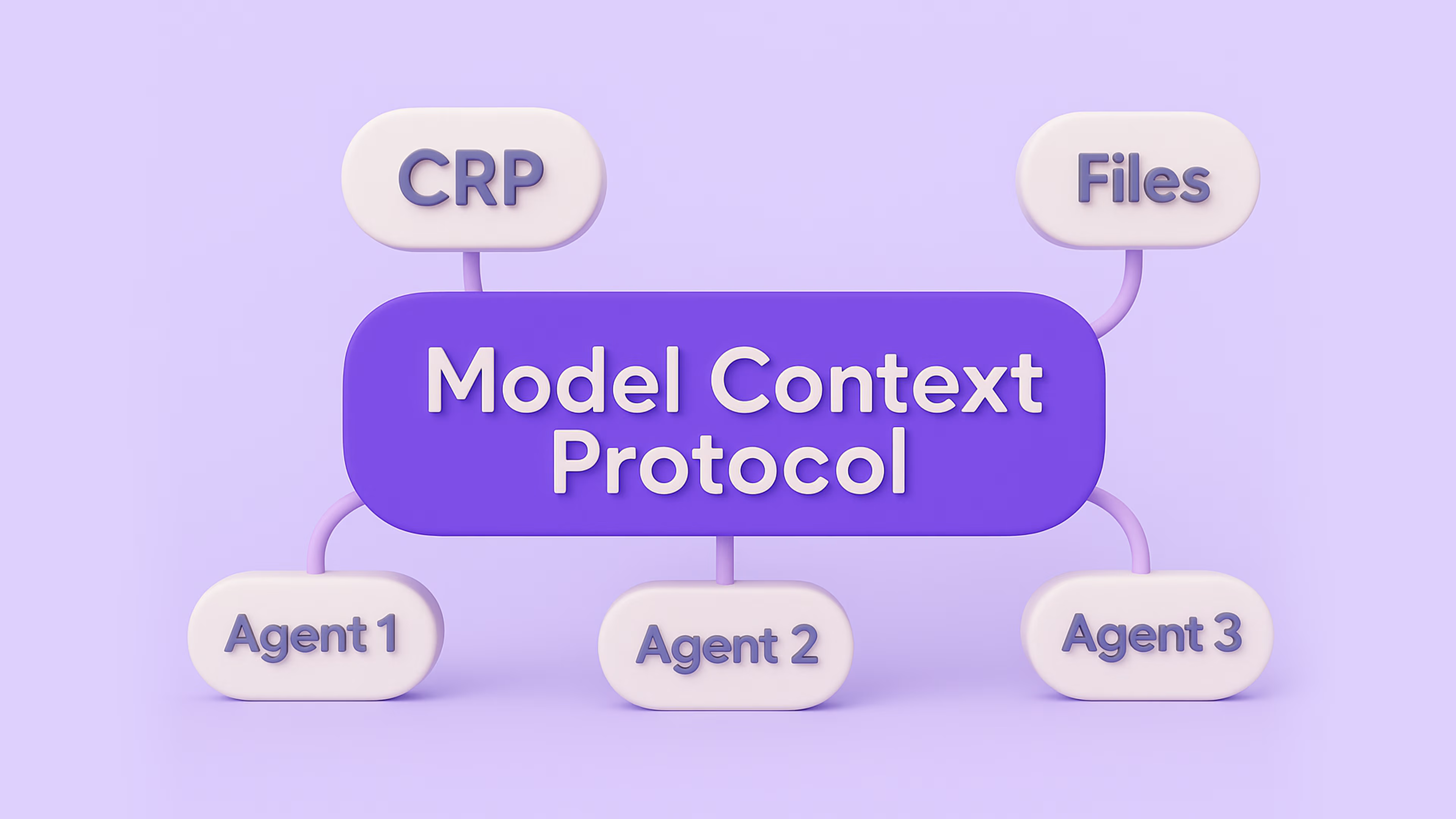AI solution that saves fortuna 94% in costs and thousands of hours of work
Fortuna, a leading European betting operator, looked for ways to streamline employees’ workloads. What it lacked was a unified platform for automating routine tasks. The company therefore chose a secure, high-performance and cost-efficient answer from BigHub: an AI assistant.

.avif)
"The AI Assistant was built from the beginning on strong collaboration and trust. Even without prior experience, I was able to quickly find my footing thanks to the support and guidance of the BigHub team. The result is a solution that has been very positively received by colleagues – we currently have over 800 active users."

Key pain points
- No unified tool to handle repetitive tasks and provide company-wide access to information.
- Employees spent excessive time on routine activities such as writing meeting minutes and searching for information.
- Security concerns had previously made the client wary of AI tools.
- Off-the-shelf AI products were unsuitable due to per-user fees and high costs.
BigHub’s solution
- Bespoke AI assistant (LLM) running on Azure OpenAI Services with GPT-4 Turbo, fully embedded in Microsoft Teams.
- Project began with GPT-3.5 in the pilot phase and progressed through GPT-4 to GPT-4 Turbo.
- “AI colleagues” whose behaviour is tailored to specific roles (e.g., sales, HR).
- Rigorous protection of internal data (no anonymisation).
- Performance tuning of the assistant and optimisation of operating costs.
Solution Outcomes
What the client gained through collaboration with BigHub
Business efficiency
- AI-generated meeting minutes save 3.5 hours per meeting.
- Significantly faster information retrieval.
- Higher productivity across IT, HR and customer support.
Cost savings
- 94 % lower costs compared with standard licensed solutions.
- Average running cost of the AI assistant: only USD 500 per month.
- Hidden cost drivers identified and eliminated.
Next Steps
Our plans to continue enhancing the assistant
- Deploying a RAG system to simplify onboarding and knowledge management.
- Integrating the assistant with the internal design tool Figma.
- Enabling multimodal AI inputs—from images to documents.
News from the world of BigHub and AI
We’ve packed valuable insights into articles — don’t miss out.

EU AI Act: What It Is, Who It Applies To, and How We Can Help Your Company Comply Stress-Free
What the AI Act is and why it was introduced
The AI Act is the first EU-wide law that sets rules for the development and use of artificial intelligence. The rationale behind this legislation is clear: only with clear rules can AI be safe, transparent, and ethical for both companies and their customers.
Artificial intelligence is increasingly penetrating all areas of life and business, so the EU aims to ensure that its use and development are responsible and free from misuse, discrimination, or other negative impacts. The AI Act is designed to protect consumers, promote fair competition, and establish uniform rules across all EU member states.
Who the AI act applies to
The devil is often in the details, and the AI Act is no exception. This legislation affects not only companies that develop AI but also those that use it in their products, services, or internal processes. Typically, companies that must comply with the AI Act include those that:
- Develope AI
- Use AI for decision-making about people, such as recruitment or employee performance evaluation
- Automate customer services, for example, chatbots or voice assistants
- Process sensitive data using AI
- Integrate AI into products and services
- Operate third-party AI systems, such as implementing pre-built AI solutions from external providers
The AI Act distinguishes between standard software and AI systems, so it is always important to determine whether a solution operates autonomously and adaptively, meaning it learns from data and optimizes its results, or merely executes predefined instructions, which does not meet the definition of an AI solution.
Importantly, the legislation applies not only to new AI applications but also to existing ones, including machine learning systems.
To save you from spending dozens of hours worrying whether your company fully complies, BigHub is ready to handle AI Act implementation for you.
What the AI Act regulates
The AI Act defines many detailed requirements, but for businesses using AI, the key areas to understand include:
1. Risk classification
The legislation categorizes AI systems by risk level, from minimal risk to high risk, and even banned applications.
2. Obligations for developers and operators
This includes compliance with safety standards, regular documentation, and ensuring strict oversight.
3. Transparency and explainability
Users of AI tools must be aware they are interacting with artificial intelligence.
4. Prohibited AI applications
For example, systems that manipulate human behavior or intentionally discriminate against specific groups.
5. Monitoring and incident reporting
Companies must report adverse events or malfunctions of AI systems.
6. Processing sensitive data
The AI Act regulates the use of personal, biometric, or health data of anyone interacting with AI tools.
Avoid massive fines
Penalties for non-compliance with the AI Act are high, potentially reaching up to 7% of a company’s global revenue, which can amount to millions of euros for some businesses.
This makes it crucial to implement the new AI regulations promptly in all areas where AI is used.
Let us handle AI Act compliance for you
Don’t have dozens of hours to study complex laws and don’t want to risk huge fines? Why not let BigHub manage AI Act compliance for your company? We help clients worldwide implement best practices and frameworks, accelerate innovation, and optimize processes, and we are ready to do the same for you.
We offer turnkey AI solutions, including integrating AI Act compliance. Our process includes:
- Creating internal AI usage policies for your company
- Auditing the AI applications you currently use
- Ensuring existing and newly implemented AI applications comply with the AI Act
- Assessing risks so you know which AI systems you can safely use
- Mapping your current situation and helping with necessary documentation and process obligations

Databricks Mosaic vs. Custom Frameworks: Choosing the Right Path for GenAI
Why Companies Choose Databricks Mosaic
For organizations that already use Databricks as their data platform, it is natural to also consider Mosaic. Staying within a single ecosystem brings architectural simplicity, easier management, and faster time-to-market.
Databricks Mosaic offers several clear advantages:
- Simplicity: building internal chatbots and basic agents is quick and straightforward.
- Governance by design: logging, lineage, and cost monitoring are built in.
- Data integration: MCP servers and SQL functions allow agents to work directly with enterprise data.
- Developer support: features like Genie (a Fabric Copilot competitor) and assisted debugging accelerate development.
For straightforward scenarios, such as internal assistants working over corporate data, Databricks Mosaic is fast and effective. We’ve successfully deployed Mosaic for a large manufacturing company and a major retailer, where the need was simply to query and retrieve data.
Where Databricks Mosaic Falls Short
More complex projects introduce very different requirements – around latency, accuracy, multi-agent logic, and integration with existing enterprise systems. Here, Databricks Mosaic quickly runs into limits:
- Structured output: Databricks Mosaic cannot effectively enforce structured output, which impacts the quality and operational stability of various solutions (e.g., voicebots or OCR).
- Multi-step workflows: processes such as insurance claims, underwriting, or policy issuance are either unfeasible or overly complicated within Databricks Mosaic.
- Latency-sensitive scenarios: Databricks Mosaic adds an extra endpoint layer between user and model, which makes low-latency use cases difficult.
- Integration outside Databricks: unless you only use Vector Search and Unity Catalog, connecting to other systems is more complex than in a Python-based custom framework.
- Limited model catalog: only a handful of models are available. You cannot bring your own models or integrate models hosted in other clouds.
Even Databricks itself admits Mosaic isn’t intended to replace specialized frameworks. That’s true to a degree, but the overlap is real – and in advanced use cases, Mosaic’s lack of flexibility becomes a bottleneck.
Where a Custom Framework Makes Sense
A custom framework shines where projects demand complex logic, multi-agent orchestration, streaming, or low-latency execution:
- Multiple agents: agents with different roles and skills collaborating on a single task.
- Streaming and real-time: essential for call centers, voicebots, and fraud detection.
- Custom logic: precisely defined workflows and multi-step processes.
- Regulatory compliance: full transparency and auditability in line with the AI Act.
- Flexibility: ability to use any libraries, models, and architectures without vendor lock-in.
This doesn’t mean Databricks Mosaic can’t ever be used for business-critical workloads – in some cases it can. But in applications where latency, structured output, or high precision are non-negotiable, Mosaic is not yet mature enough.
How BigHub Approaches It
From our experience, there’s no one-size-fits-all answer. Databricks Mosaic works well in some contexts, while in others a custom framework is the only viable option.
- Manufacturing & Retail: We used Databricks Mosaic to build internal assistants that answer queries over corporate data (SQL queries). Deployment was fast, governance was embedded, and the solution fit the use case perfectly.
- Insurance (Claims Processing): Here, Databricks Mosaic simply wasn’t sufficient. It lacked structured output, multi-agent orchestration, and voice processing. We delivered a custom framework that achieved the required accuracy, supported multi-step workflows, and met audit requirements under the AI Act.
- Banking (Underwriting, Policy Issuance): Banking workflows often involve multiple steps and integration with core systems. Implementing these in Databricks Mosaic is overly complex. We used a custom middleware layer that orchestrates multiple agents and supports models from different clouds.
- Call Centers & OCR: Latency-critical applications and use cases requiring structured outputs (e.g. form data extraction, voicebots) are not supported by Databricks Mosaic. These are always delivered using custom solutions.
Our role is not to push a single technology but to guide clients toward the best choice. Sometimes Databricks Mosaic is the right fit, sometimes a custom framework is the only way forward. We ensure both a quick start and long-term sustainability.
Our Recommendation
- Databricks Mosaic: best suited for organizations already invested in Databricks that want to deploy internal assistants or basic agents with strong governance and monitoring.
- Custom framework: the right choice when projects require complex multi-step workflows, multi-agent orchestration, structured outputs, or low latency.
At BigHub, we’ve worked extensively with both approaches. What we deliver is not just technology, but the expertise to recommend and build the right combination for each client’s unique situation.

Why MCP might be the HTTP of the AI-first era
What Is MCP – and Why Should You Care?
Model Context Protocol may sound like something out of an academic paper or internal Big Tech documentation. But in reality, it’s a standard that enables different AI systems to seamlessly communicate—not just with each other, but also with APIs, business tools, and humans.
Today’s AI tools—whether chatbots, voice assistants, or automation bots—are typically limited to narrow tasks and single systems. MCP changes that. It allows intelligent systems to:
- Check your e-commerce order status
- Review your insurance contract
- Reschedule your doctor’s appointment
- Arrange delivery and payment
All without switching apps or platforms. And more importantly: without every company needing to build its own AI assistant. All it takes is making services and processes “MCP-accessible.”
From AI as a Tool to AI as an Interface
Until now, AI in business has mostly served as a support tool for employees—helping with search, data analysis, or faster decision-making. But MCP unlocks a new paradigm:
Instead of building AI tools for internal use, companies will expose their services to be used by external AI systems—especially those owned by customers themselves.
That means the customer is no longer forced to use the company’s interface. They can interact with your services through their own AI assistant, tailored to their preferences and context. It’s a fundamental shift. Just as the web changed how we accessed information, and mobile apps changed how we shop or travel, MCP and intelligent interfaces will redefine how people interact with companies.
The AI-First Era Is Already Here
It wasn’t long ago that people began every query with Google. Today, more and more users turn first to ChatGPT, Perplexity, or their own digital assistant. That shift is real: AI is becoming the entry point to the digital world.
“Web-first” and “mobile-first” are no longer enough. We’re entering an AI-first era—where intelligent interfaces will be the first layer that handles requests, questions, and decisions. Companies must be ready for that.
What This Means for Companies
1. No More Need to Build Your Own Chatbot
Companies spend significant resources building custom chatbots, voice systems, and interfaces. These tools are expensive to maintain and hard to scale.
With MCP, the user shows up with their own AI system and expects only one thing: structured access to your services and information. No need to worry about UX, training models, or customer flows—just expose what you do best.
2. Traditional Call Centers Become Obsolete
Instead of calling your support line, a customer can query their AI assistant, which connects directly to your systems, gathers answers, or executes tasks.
No queues. No wait times. No pressure on your staffing model. Operations move into a seamless, automated ecosystem.
3. New Business Models and Brand Trust
Because users will bring their own trusted digital interface, companies no longer carry the burden of poor chatbot experiences. And thanks to MCP’s built-in structure for access control and transparency, businesses can decide who sees what, when, and how—while building trust and reducing risks.
What This Means for Everyday Users
- One interface for everything
- No more juggling dozens of logins, websites, or apps. One assistant does it all.
- True autonomy
- Your digital assistant can order products, compare options, request refunds, or manage appointments—no manual effort required.
- Smarter, faster decisions
- The system knows your preferences, history, and goals—and makes intelligent recommendations tailored to you.
Practical example:
You ask your AI to generate a recipe, check your pantry, compare prices across online grocers, pick the cheapest options, and schedule delivery—all in one go, no clicking required.
The Underrated Challenge: Data
For this to work, users will need to give their AI systems access to personal data. And companies will need to open up parts of their systems to the outside world. That’s where trust, governance, and security become mission-critical. MCP provides a standardized framework for managing access, ensuring safety, and scaling cooperation between systems—without replicating sensitive data or creating silos.
Get your first consultation free
Want to discuss the details with us? Fill out the short form below. We’ll get in touch shortly to schedule your free, no-obligation consultation.
.avif)


